#celtic trees
Text
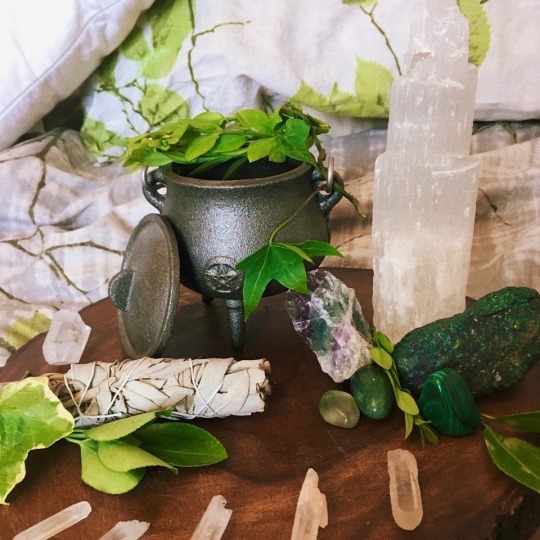


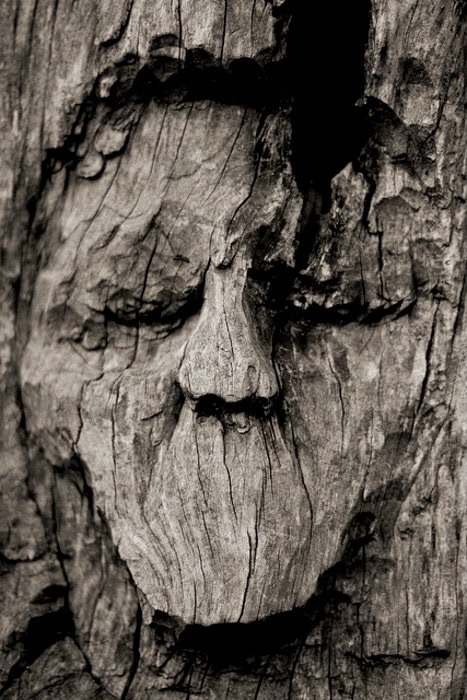
˚ · 𖣂 ✧ celtic zodiac · ivy ✧ 𖣂 · ˚
grounded · kind · charismatic · giving · mystical
23 notes
·
View notes
Text

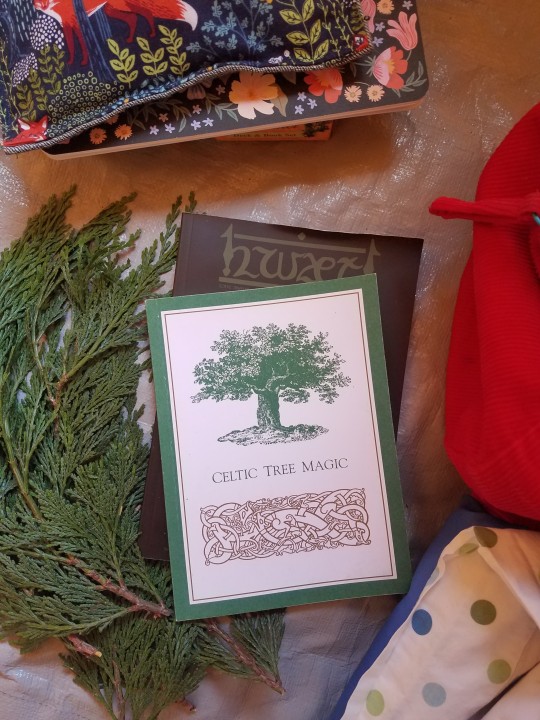
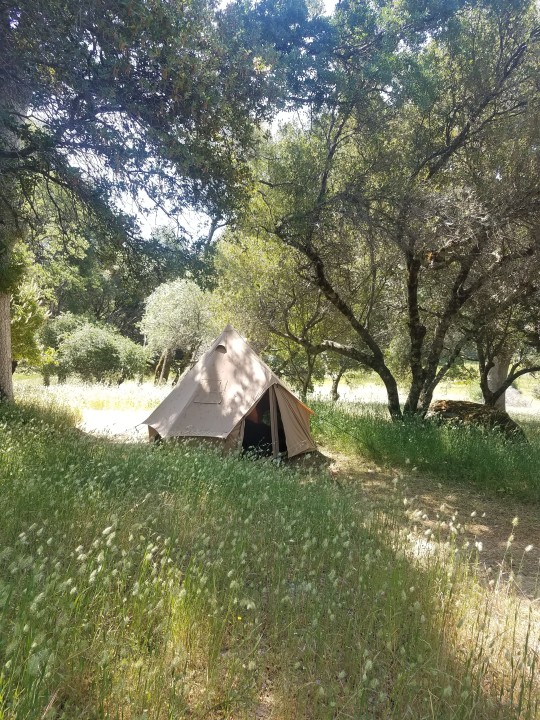
:: summer days & witchy reads ::
((Celtic Tree Magic by the Witches' Almanac))
2 notes
·
View notes
Text


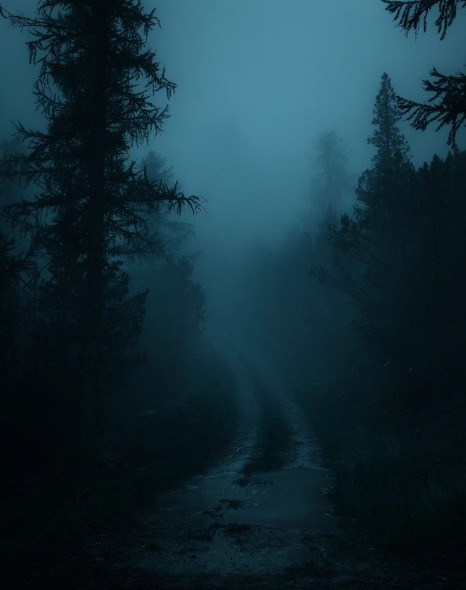
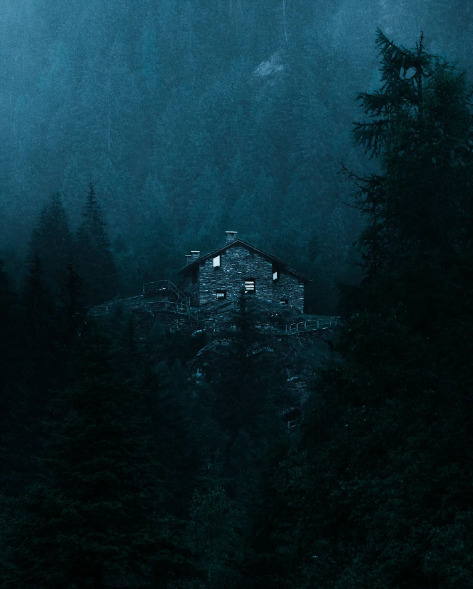
photography by nicolaslenatti
#photography#nature#forest#dark nature#dark forest#cabin#trees#landscape#autumn#rain#mood#atmosphere#dark#folk#pagan#magic#nordic#slavic#celtic#atmospheric black metal#doom metal#pagan metal#folk metal#river#beautiful places
2K notes
·
View notes
Text


Bluebell Woodland
April 2023
#own photo#scrapbookphoto#emeraldscrapbook#forest#lensblr#original photographers#woods#green#forest aesthetic#forestcore#bluebells#bluebell wood#trees#nature#spring#england#english woodland#cottagecore#aesthetic#blue#celtic#wilderness#woodlands#woodland#tree#nature photography
251 notes
·
View notes
Text










Cors y Gedol Ancient Woodlands, nr. Dyffryn Ardudwy, Wales
#woodland#woods#trees and forests#trees and leaves#celtic rainforest#ancient woodland#ancient living#wales#nature#outdoors#cors y gedol#landscape#river#stream#lichen
108 notes
·
View notes
Text
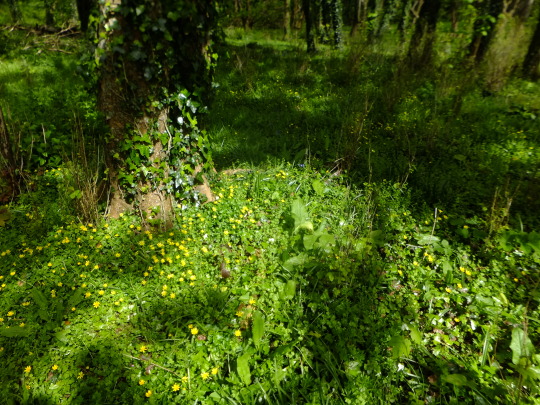
Green & Yellow
April 2024
#own photo#woodland#forest#trees#wales#pembrokeshire#spring#late spring#summer#green#yellow#nature#woods#lensblr#trees and forests#original photographers#naturecore#cottagecore#nature aesthetic#countryside#rural#photographers on tumblr#welsh woodland#cymru#celtic woods#celtic
70 notes
·
View notes
Text
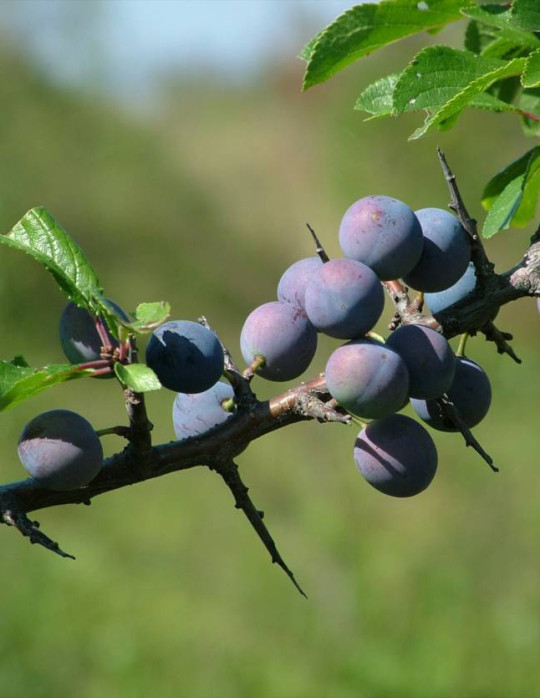
Legends and myths about trees
Celtic beliefs in trees (24)
Ss for Straif (Blackthorn) - Samhain/Hallowe'en, opening the veil between this world and the spirit world…
“Mother of the Forest – The Celtic Tree Calendar (Ref), The Beginning of Winter”
Colour: red; Star: Mars, Saturn; Gemstone: black opal; Gender: female; Patron: Morrigan; Symbol: inevitability of death, protection + revenge, discord + insidiousness
Blackthorn forms vigorous young trees from the roots, from which dense, thorny bushes grow in dense clumps. Armed with sharp thorns, which can damage human skin. It already starts flowering in early spring, at the beginning of March, and with the onset of winter it produces black berries, commonly known as 'sloes'.
Samhain is the most important festival in the Celtic world, celebrated on 1st November to mark the beginning of winter and therefore the new year. The name 'Samhain' means 'end of summer'. The seasons change from summer to winter (the time of the dead) with this festival. It is a period of short days and darkness, but it is a necessary period for nature to enter a peaceful rest and welcome the bright spring. In the calendar of agricultural societies, this is an important stage for the germination of crop seeds.
Samhain was the solemn festival, when fires were lit and sacrifices were offered to gods such as Taranis and Teutates. Importantly, it was believed that on the eve of this day, 31 October, a passage between this world and the spirit world was opened, allowing inhabitants from the other world to come and visit this world freely and interact with humans in this world. However, while the comings and goings were sometimes favourable, it was also envisaged to be dangerous.
On the Samhain eve, children went from house to house to collect festive offerings. It was also customary to celebrate Samhain by placing a brightly burning candle inside a hollowed-out turnip at the entrance to the house.
Blackthorn is a tree traditionally used for black magic and witchcraft, and its thorns remind us of our own insidious roots. We must remember that we hurt ourselves and others in many ways. If we think about how to avoid hurting each other and courageously face our own insidious roots, blackthorn can guide us to overcome this dark side of our human nature and help us to return the debts of our hearts.
It also helps us to accept the fact that death is something from which no one can escape.
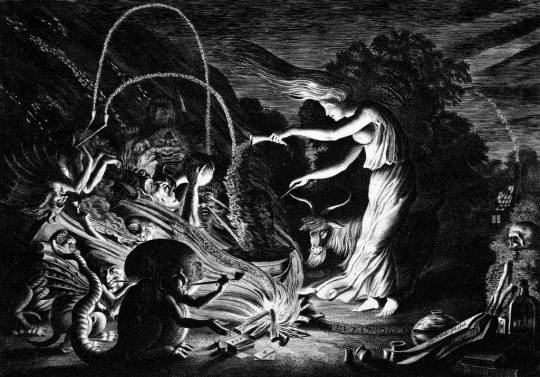
木にまつわる伝説・神話
ケルト人の樹木の信仰 (24)
SはStraif (リンボク) -サウィン/ハロウイーン、現世と霊界のヴェールを開く…
『森の母 〜 ケルトの木の暦(参照)、冬の始まり』
色: 赤; 星: 火星、土星; 宝石: ブラックオパール; 性: 女性; 守護神: モリガン; シンボル: 死の不可避性、保護+復讐、不和+陰湿
リンボクは根の部分から活力のある若木を形成し、ここから棘だらけの茂みがびっしりと密生する。鋭い棘で武装したリンボクは密生した藪をつくり、人間の肌を傷つける。3月初旬、早春にもう花をつけ始め、冬の訪れと共に、通称「スロー」という黒っぽい実がなる。
サウィンとは、ケルト世界で最も重要なお祭りで、11月1日に冬の始まり、つまり新年の始まりを祝う。「サウィン」とは「夏の終わり」を意味する。この祭りを境に季節は夏から冬(死者の時期)に変わる。日が短く暗い時期だが、自然が穏やかな休息に入り、明るい春を迎えるために必要な期間である。農耕社会の暦では、作物の種が発芽する重要な時期でもある。
サウィンは最も重要な厳粛な祭りで、火が焚かれ、タラニスやテウタテスといった神々に生贄が捧げられた。重要なのは、この日の前夜、10月31日に現世と霊界を結ぶ通路が開かれ、あの世の住人が自由に現世を訪れ、現世の人間と交流できるようになると信じられていたことだ。しかし、その行き来は時に好ましいものであったが、危険なものであることも想定されていた。
サウィンの前夜には、子供たちが家々を回り、お祝い用のお供えを集めた。サウィンを祝って、内部をくり抜いたカブの中に、明るく燃えたろうそくを立て、家の入り口に飾る風習もあった。
リンボクは伝統的に黒魔術や呪術に使われる木であり、その棘は私たち自身の陰湿な心根を思い起こさせる。私たちは、さまざまな形で自分自身や他人を傷つけていることを忘れてはならない。どうすれば互いを傷つけずにすむかを考え、勇気を持って自分自身の陰湿な心根と向き合えば、リンボクは人間が持つこの暗い側面を克服するように導いてくれ、心の負い目を返上するように導いてくれる。
そして、死は誰も逃れることのできないものであるという事実を受け入れる助けにもなってくれる。
#trees#tree legend#tree myth#folklore#mythology#legend#celtic tree calendar#celtic world#time of the dead#winter#halloween#samhain#nature#art#turnip
127 notes
·
View notes
Text

Lungwort lichen and wood sorrel growing as epiphytes on a mossy tree trunk. Ancient Atlantic woodlands are so precious.
#lichen#lichens#fungi#plants#botany#forest#forestcore#forests#ancient woodland#woodland#tree#trees#Atlantic woodland#celtic rainforest
52 notes
·
View notes
Text
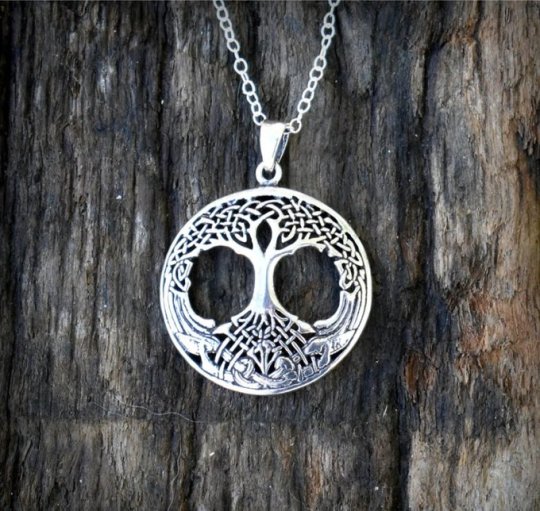
This silver Tree of Life features a great oak, one of the noble trees in Irish mythology. According to The Book of Ballymote, 'The oak tree of the Druids is king of trees. The wren, bird of the Druids & king of the birds, is the soul of the oak'.
Available here: Silver Celtic Tree of Life
63 notes
·
View notes
Text


spooky Irish forest
#travelblr#wanderlust#spooky#gothic#Ireland#Irish#forest#Celtic#vsco#vscocam#iphonography#haunted#foggy#gnarled#trees#mist
178 notes
·
View notes
Text
celtic astrology: birch
date range: december 24th to january 20th

advice
these trees are known to have shallow root systems and thusly are sensitive to drought. make sure you are staying hydrated and moisturizing your skin.
animal
the white stag; guardian of the gateway, symbol of death and healing - known for its aspirations, independence, nobility, and achievements.
birch attributes
slender and beautiful. smaller than average. grows fast - likely to level up quickly. short-lived; very little keeps their interest. pioneer. tough. experiences many new beginnings. ambitious/determined - resilient. loyal. patient. ability to overcome all things. determined leader. strategic. excellent organizer. passionate. caring. a sense of loneliness - loner. tight schedule. serious. pessimistic - prone to depression.
birch attributes distinguished with western astrology signs
birch people will only ever be capricorns. more career oriented. workaholic. hungers for power. goal-oriented. wants to help others. not a quitter. wants nothing more than to be loved. loyal/faithful. brave.
deity
lugh (asteroid 217628); the sun god, fostered by the dark king of the fae, renowned for his skills of the arts, crafts, and sciences.
relationship with other celtic tree people
birch people find themselves easily over shadowed around oak people; stay away from working with an oak person, so you can receive attention and nurturing from others.
like what you read? leave a tip and state what post it is for! please use my "suggest a post topic" button if you want to see a specific post or mythical asteroid next!
click here for the masterlist
click here for more celtic astrology
want a personal reading? click here to check out my reading options and prices!
#astrology#astro community#astro placements#astro chart#asteroid astrology#asteroid#natal chart#astrology tumblr#celtic mythology#celtic#celtic astrology#birch#birch trees#lugh#asteroid217628#natal astrology#astrology chart#astrology readings#astro notes#astro observations#astroblr
37 notes
·
View notes
Text


with the guardian oaks in the wild of the wood 🐉 。°˖ ✧
#yes this is me be nice#absolutely love this part of the woods#felt pretty with no makeup on too#love that for me#mine#delphisorceress#witchblr#witches of tumblr#earth witch#witch aesthetic#me#forest witch#oak trees#oak#witchy#forestcore#witchcore#fairycore#celtic witch#celtic#pagan witch
31 notes
·
View notes
Text
After pointing out that there is no record of Christmas Trees existing in Germanic Yule celebrations (cuz, y'know, they weren't invented until the 16th century), this dude in a TikTok comment section just tried to tell me that Christmas trees are Celtic.
I just... wanna both laugh and cry sometimes.
#Witchblr#witchtok#THAT WICCA BOOK YOU READ WAS LYING TO YOU#MANY PRE-CHRISTIAN SOLSTICE TRADITIONS ARE INCORPORATED INTO CHRISTMAS BUT THE CHRISTMAS TREE IS NOT ONE OF THEM.#AND IT'S DEFINITELY NOT FUCKING CELTIC
343 notes
·
View notes
Text






#photography#nature#landscape#forest#dark forest#dark nature#mountains#lake#river#mood#atmosphere#pagan#folk#ritual#magic#slavic#celtic#nordic#creature#trees#dark#landscape photography#cabin#foggy#rain
1K notes
·
View notes
Text
I have a very very specific holiday related pet peeve of mine that I'd like to address.
So I've noticed *A LOT* of people getting increasingly mad over the years because Christians (especially in America) observe a lot of originally pagan (Yule) traditions for Christmas (exs: putting trees in your house, putting wreaths on the door, etc.). I've especially seen a lot of anger from people who practice paganism today. "You stole our traditions!" "Those traditions aren't yours!"
My brothers and sisters and siblings in Christ, you are so wrong on so many levels.
Firstly, let's start with Yule's place of origin. Yule was originally celebrated by Norse, Celtic, and Germanic peoples. It's vitally important to note that the Celtic people in particular occupied what is known today as the UK (remember this).
Anybody who knows their history knows that the Romans invaded the UK and Western Europe... a lot. And class, they brought a certain religion along with them! Christianity!
Eventually, after several attempted invasions, the Romans succeeded at occupying the UK (and most of Western Europe). There was even a certain time during this rule of Rome's that all forms of pagan worship were banned! Rome ended up ruling most of Western Europe for hundreds of years.
Now class, can anyone tell me what happens when we enforce a religion on another culture for hundreds of years? It's almost like you lose touch with your roots when that happens!
Now, coming back to these ignorant white Americans putting wreaths on their doors and Christmas trees in their houses without knowing why... it's almost as if it's the result of their distant ancestor's homes being invaded and their religion being banned. They don't know why they put trees up in their homes, but it's what their parents did, and their parents before them, and their parents before them, and on and on.
Now, can anyone tell me where the majority of white Americans originate from? That's right! Western Europe!
It's almost as if white Americans celebrate Christianity with pagan traditions because they were originally pagan and had Christianity enforced upon them.
Thank you for coming to my Ted Talk and if I see any more of you bitching about stolen traditions I will personally break your kneecaps.
#paganism#yule#yuletide#christianity#pagan#celtic#norse paganism#germanic paganism#celtic paganism#christmas#mistletoe#wreaths#christmas trees#history#rome#ancient rome#julius caesar#st augustine
52 notes
·
View notes
Text
Gold-Tree and Silver-Tree

This is another Celtic Folk Tale that I found, but I have a feeling this one was touched more by Westernization in it's translation. It was apparently collected and translated by Joseph Jacobs. The same author who wrote Jack and the Beanstalk and the Three Little Pigs. So I suppose it's not too surprising his writing takes on a more fairytale like esthetic.
When I was reading the story, I thought it was another version of Snow White, as the driving force of the story was the Queen's vanity and Jealousy. I even noticed some small elements of Sleeping Beauty. Both are Brothers Grimm stories. Is Celtic folklore where the German brothers got their inspiration? Did Jacobs just really admire their writing style and harnessed it in his translations? Or is it all just a really weird coincidence?
To be fair, it's not the exact same story. There are no Dwarfs along for the ride, and it seems polyamory is what saves the day.
Gold-Tree and Silver-Tree
Once upon a time there was a king who had a wife, whose name was Silver-tree, and a daughter, whose name was Gold-tree. On a certain day of the days, Gold-tree and Silver-tree went to a glen, where there was a well, and in it there was a trout.
Said Silver-tree, "Troutie, bonny little fellow, am not I the most beautiful queen in the world?"
"Oh! indeed you are not."
"Who then?"
"Why, Gold-tree, your daughter."
Silver-tree went home, blind with rage. She lay down on the bed, and vowed she would never be well until she could get the heart and the liver of Gold-tree, her daughter, to eat.
At nightfall the king came home, and it was told him that Silver-tree, his wife, was very ill. He went where she was, and asked her what was wrong with her.
"Oh! only a thing—which you may heal if you like."
"Oh! indeed there is nothing at all which I could do for you that I would not do."
"If I get the heart and the liver of Gold-tree, my daughter, to eat, I shall be well."
Now it happened about this time that the son of a great king had come from abroad to ask Gold-tree for marrying. The king now agreed to this, and they went abroad.
The king then went and sent his lads to the hunting-hill for a he-goat, and he gave its heart and its liver to his wife to eat; and she rose well and healthy.
A year after this Silver-tree went to the glen, where there was the well in which there was the trout.
"Troutie, bonny little fellow," said she, "am not I the most beautiful queen in the world?"
"Oh! indeed you are not."
"Who then?"
"Why, Gold-tree, your daughter."
"Oh! well, it is long since she was living. It is a year since I ate her heart and liver."
"Oh! indeed she is not dead. She is married to a great prince abroad."
Silver-tree went home, and begged the king to put the long-ship in order, and said, "I am going to see my dear Gold-tree, for it is so long since I saw her." The long-ship was put in order, and they went away.
It was Silver-tree herself that was at the helm, and she steered the ship so well that they were not long at all before they arrived.
The prince was out hunting on the hills. Gold-tree knew the long-ship of her father coming.
"Oh!" said she to the servants, "my mother is coming, and she will kill me."
"She shall not kill you at all; we will lock you in a room where she cannot get near you."
This is how it was done; and when Silver-tree came ashore, she began to cry out:
"Come to meet your own mother, when she comes to see you," Gold-tree said that she could not, that she was locked in the room, and that she could not get out of it.
"Will you not put out," said Silver-tree, "your little finger through the key-hole, so that your own mother may give a kiss to it?"
She put out her little finger, and Silver-tree went and put a poisoned stab in it, and Gold-tree fell dead.
When the prince came home, and found Gold-tree dead, he was in great sorrow, and when he saw how beautiful she was, he did not bury her at all, but he locked her in a room where nobody would get near her.
In the course of time he married again, and the whole house was under the hand of this wife but one room, and he himself always kept the key of that room. On a certain day of the days he forgot to take the key with him, and the second wife got into the room. What did she see there but the most beautiful woman that she ever saw.
She began to turn and try to wake her, and she noticed the poisoned stab in her finger. She took the stab out, and Gold-tree rose alive, as beautiful as she was ever.
At the fall of night the prince came home from the hunting-hill, looking very downcast.
"What gift," said his wife, "would you give me that I could make you laugh?"
"Oh! indeed, nothing could make me laugh, except Gold-tree were to come alive again."
"Well, you'll find her alive down there in the room."
When the prince saw Gold-tree alive he made great rejoicings, and he began to kiss her, and kiss her, and kiss her. Said the second wife, "Since she is the first one you had it is better for you to stick to her, and I will go away."
"Oh! indeed you shall not go away, but I shall have both of you."
At the end of the year, Silver-tree went to the glen, where there was the well, in which there was the trout.
"Troutie, bonny little fellow," said she, "am not I the most beautiful queen in the world?"
"Oh! indeed you are not."
"Who then?"
"Why, Gold-tree, your daughter."
"Oh! well, she is not alive. It is a year since I put the poisoned stab into her finger."
"Oh! indeed she is not dead at all, at all."
Silver-tree, went home, and begged the king to put the long-ship in order, for that she was going to see her dear Gold-tree, as it was so long since she saw her. The long-ship was put in order, and they went away. It was Silver-tree herself that was at the helm, and she steered the ship so well that they were not long at all before they arrived.
The prince was out hunting on the hills. Gold-tree knew her father's ship coming.
"Oh!" said she, "my mother is coming, and she will kill me."
"Not at all," said the second wife; "we will go down to meet her."
Silver-tree came ashore. "Come down, Gold-tree, love," said she, "for your own mother has come to you with a precious drink."
"It is a custom in this country," said the second wife, "that the person who offers a drink takes a draught out of it first."
Silver-tree put her mouth to it, and the second wife went and struck it so that some of it went down her throat, and she fell dead. They had only to carry her home a dead corpse and bury her.
The prince and his two wives were long alive after this, pleased and peaceful.
I left them there.
#Fairytale#Folklore#celtic#celtic folklore#gold#silver#tree#poly#polyamory#food and folklore#witch#folktale#brothers grimm#Joseph Jacobs#klickwitch#snow white#evil queen
52 notes
·
View notes